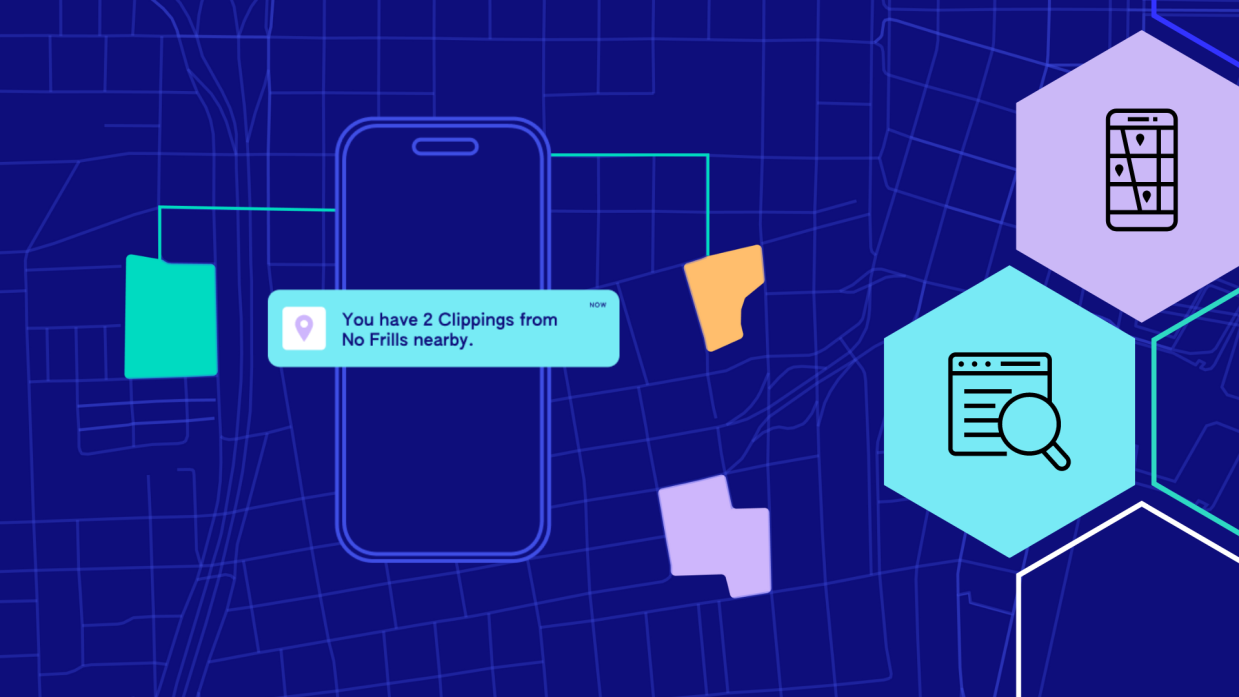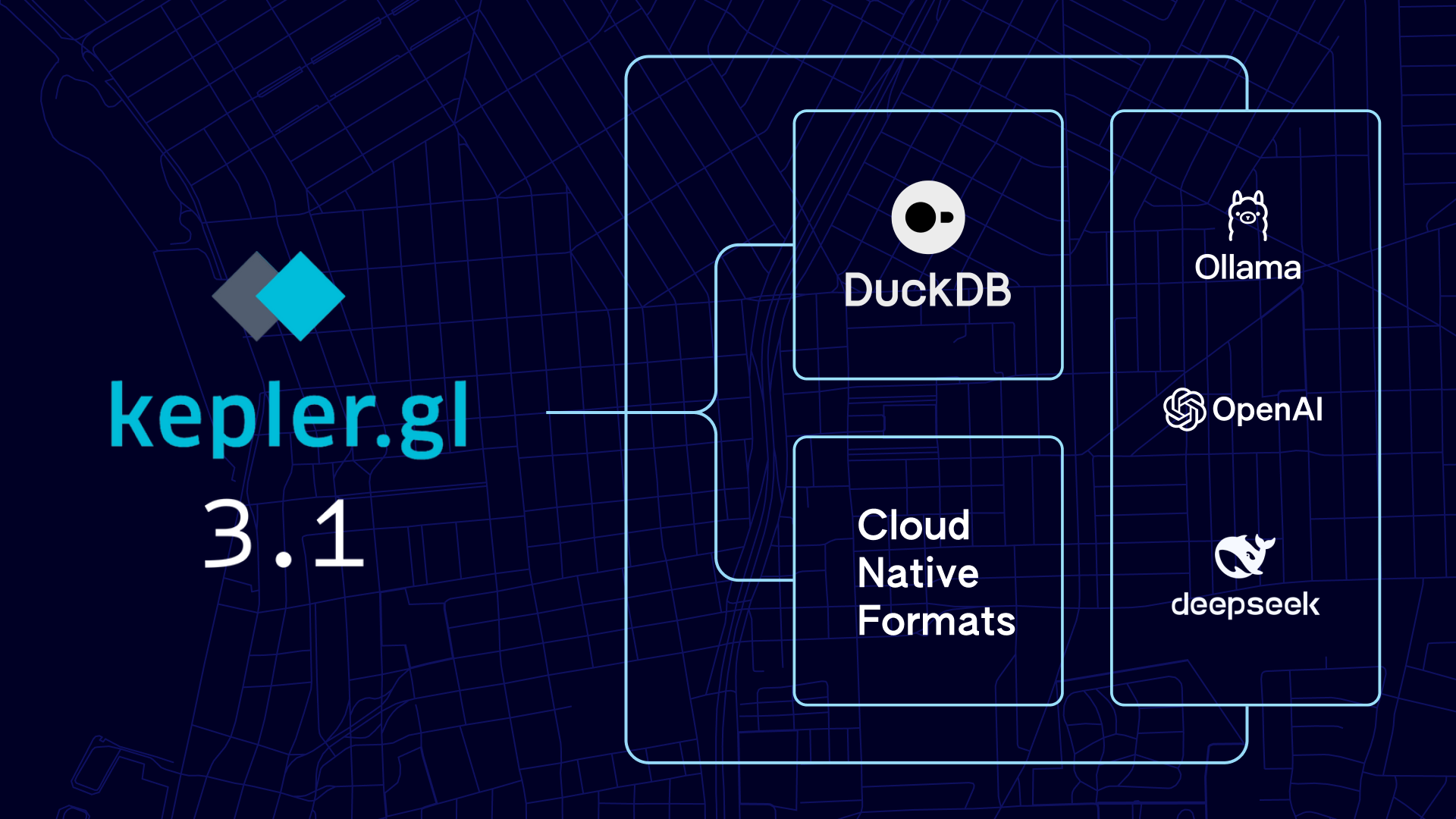Personalization is so embedded in our culture that 71% of consumers now expect it, according to McKinsey research. For companies who get it right, personalization can become an extremely valuable tool. A Gartner report found that organizations that focus personalized messaging around helping their audience [think: recommendations] can expect 16% more impact on commercial outcomes than those that don’t.
Location plays a crucial and familiar role in personalization – especially when it comes to making helpful recommendations. It’s the coffee app suggesting a pumpkin spice latte when the weather grows cold, or the hotel email with nearby restaurants and attraction suggestions. But as more companies seek advantage through location-based personalization techniques like these, challenges quickly emerge – especially related to the data that fuels recommendation engines. Gaps in location data quality and freshness or limitations in location features can create bad experiences for customers. Imagine sending a newly arrived hotel guest to a restaurant that no longer exists in a city they aren’t familiar with. Yikes.
The location data landscape is large and varies extensively in terms of quality. With so many different shiny objects out there, it’s important for organizations to leverage the right location partner to fuel highly accurate and up-to-date location data into their recommendation engines. With a reliable source of trusted, extensive location data, creating consistently relevant personalized experiences for customers is possible.
Why Location Matters in Recommendation Engines
When it comes to recommendation engines, location data plays an essential role in these interactions. Location is a common thread of understanding among people and can be used to unite disparate data sources and break down silos. Making suggestions through the context of location is a great way to connect with an audience instantly.
In the McKinsey study, over three-quarters of consumers said that receiving personalized communications was a key factor in prompting their consideration of a brand, and 78% said such content made them more likely to repurchase. But only if the personalized communications are accurate and helpful.
For instance, a rideshare company may send a push notification to a customer who has just landed at an airport in a new city, suggesting different attractions around the city. To ensure the experience of that customer is positive, it’s vitally important that the data fueling the recommendation is correct.
- Is the attraction open?
- Is it appropriate for all ages?
- Is it within a reasonable rideshare distance from the airport?
Only extensive and constantly updated location data can ensure that these automated recommendations will lead to positive customer outcomes.
Driving Loyalty Through Personalization
Personalization is effective at driving repeat engagement and loyalty over time – and it’s especially valuable when location intelligence is leveraged. Broadly speaking, location intelligence is the use of mapping and geospatial data, in combination with a company’s internal customer data, to improve the customer experience and underlying business processes.
Location intelligence is enhanced by collecting information about recurring interactions that take place at businesses, restaurants, attractions, and other points of interest around the world. As more and more people visit these locations, thousands of points of data are aggregated and can provide contextually-aware intelligence, like the busiest hours at a restaurant, the most popular attractions in a neighborhood, and up-to-date business hours. Leveraging this rich, constantly-updated data allows brands to design ever-more relevant experiences—creating a flywheel effect that generates strong, long-term customer lifetime value and loyalty.
Leveraging the Right Location Data
When considering what location data to leverage in a recommendation engine, an organization should consider the different attributes available in each data set. Selecting the right mix of characteristics will be key factor in driving relevance for an intended audience. Here are examples of some of the many attributes that are available in Foursquare Places datasets.
- Popularity score – Based on foot traffic signals
- Popular hours – Hours of the week when people typically visit a place
- Social accounts – A business’s publicly listed Twitter, Facebook, and Instagram handles
- Rating – The 0-10 rating of a point of interest (POI) based on user votes as well as an internal score aggregated by likes /dislikes, tips, and visit traffic
- Categories – Label (or labels) for the most granular category (or categories) available for this POI. Foursquare has a Categories page with more details
- Proximity – Provides real-time information about how close a POI is to a hotel or to the user in real time using geocodes.
- Tags – Denotes whether or not a location has certain amenities, e.g. ‘businessmeeting’, ‘goodfordogs’, ‘outdoorseating’, ‘romantic’, ‘quickbite’, ‘specialoccassion’, ‘trendy’ ‘cocktails’
- Photos – As an additional value-driver, the recommendation engine can display rich content such as user photos when surfacing the relevant recommendations. Photos are ranked by the TrueSkill algorithm and ordered by ranking within the array
All of these different attributes can be integrated into a recommendation engine to offer customers robust and helpful information about nearby places and experiences. Foursquare Places data offers more than 120 million points of interest across 200+ countries and territories. We combine ground truth datasets, authoritative third-party sources, and our first-party data to provide the most accurate data available.
To learn more about how to leverage Foursquare Places data to fuel your recommendation engine, click here.



